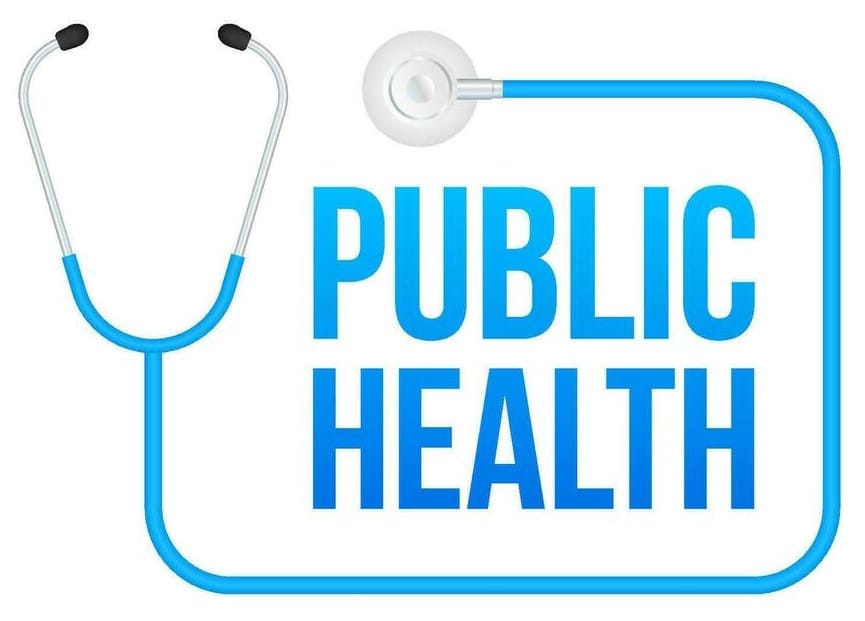Ottawa County health officials encourage precautions as respiratory illness cases rise
Here are some tips for prevention and what to do if you get sick.

OTTAWA COUNTY — As winter settles into West Michigan, respiratory illnesses, including influenza (flu), COVID-19, respiratory syncytial virus (RSV), and others, are increasing.
The Ottawa County Department of Public Health encourages everyone to take precautions for a healthier season. Respiratory illnesses are contagious, and symptoms can vary. Prevention is important, especially as people spend more time indoors during the winter months. Older people, young children, and people with chronic health conditions are at a higher risk of serious complications.
Here are some tips for prevention and what to do if you get sick.
Vaccination: Your best defense
Vaccines are available to protect against flu, COVID-19, RSV and certain types of bacterial pneumonia. Make sure you’re up to date by contacting your healthcare provider, checking with local pharmacies, or visiting vaccines.gov. Uninsured adults can access free COVID-19 vaccines, while supplies last, by calling OCDPH at 616-396-5266.
- COVID-19 vaccines: Available for everyone 6 months and older.
- Flu vaccines: Available for everyone 6 months and older.
- RSV vaccines: Available for adults 60 and older, and those who are pregnant and babies born during RSV season.
- Pneumococcal (pneumonia) vaccines: Now recommended for adults 50 and older, and younger adults who have certain medical conditions.
If you get sick
- Test for COVID-19 with an at-home test. Free tests are available from covidtests.gov.
- Tests that check for COVID-19 and Influenza A & B are now available for at-home use.
- Testing can be useful, because some people may benefit from anti-viral medication if they are diagnosed with COVID-19 or influenza.
- These treatments, if started early, can make symptoms milder and shorten the time you are sick. They also may reduce the risk of complications or hospitalization. Other illnesses may not have a specific treatment, but symptoms can be treated while the illness runs its course.
- If you test positive for COVID-19 or flu, contact your healthcare provider to ask about treatment options right away.
Whooping Cough (pertussis) making a comeback
Cases of whooping cough, also called pertussis, are higher than in previous years.
- This highly contagious illness often starts with cold-like symptoms but can progress to intense coughing that lasts for weeks.
- It can be treated with antibiotics.
- Infants are particularly vulnerable to severe complications, including hospitalization.
- Being up to date on vaccination can make the illness milder if you are infected.
- Contact your healthcare provider if you have had a severe cough for more than three weeks, if you cough so hard it makes you vomit, or if you have a cough after being around someone who has whooping cough.
To prevent the spread of Whooping Cough
- Stay up to date on vaccinations.
- Stay home and avoid being around people at high risk (babies, older adults, people with weakened immune systems) if you are sick.
- Talk to your healthcare provider about preventive medication if exposed.
- Practice good hygiene, like washing your hands and covering coughs and sneezes.
Other tips to prevent illness
Help reduce the spread of all respiratory illnesses by following these steps:
- Stay home if you have symptoms, even with a negative COVID-19 or flu test—other germs cause illness too.
- Wash hands frequently and properly.
- Get lots of rest.
- Stay hydrated and eat healthy foods.
- Increase airflow indoors.
- Wear a well-fitting mask if you must be around others while sick.
- Cover coughs and sneezes.
- Clean and disinfect frequently touched surfaces.
“It’s cold outside, but respiratory virus season is heating up,” said Dr. Gwen Unzicker, OCDPH medical director. “Even if we’re not sure which germ is making you sick, the basics apply to all of them: stay up to date on the vaccines your provider recommends; stay away from others if you do get sick; and consider getting tested for the ones that can be treated. This is the best way to take care of yourself and your loved ones this season.”
OCDPH publishes a seasonal weekly respiratory illness report. Find more information about respiratory illness activity in Ottawa County. The Ottawa County Department of Public Health works with our community to help assure conditions that promote and protect health for all. OCDPH’s vision is healthy people. For more information, visit miottawa.org/mihealth. Follow OCDPH on Facebook @miOttawaHealth, Instagram @miOCDPH, or X @miOCDPH.
— Submitted by the Ottawa County Department of Public Health. Click here to submit an article.



